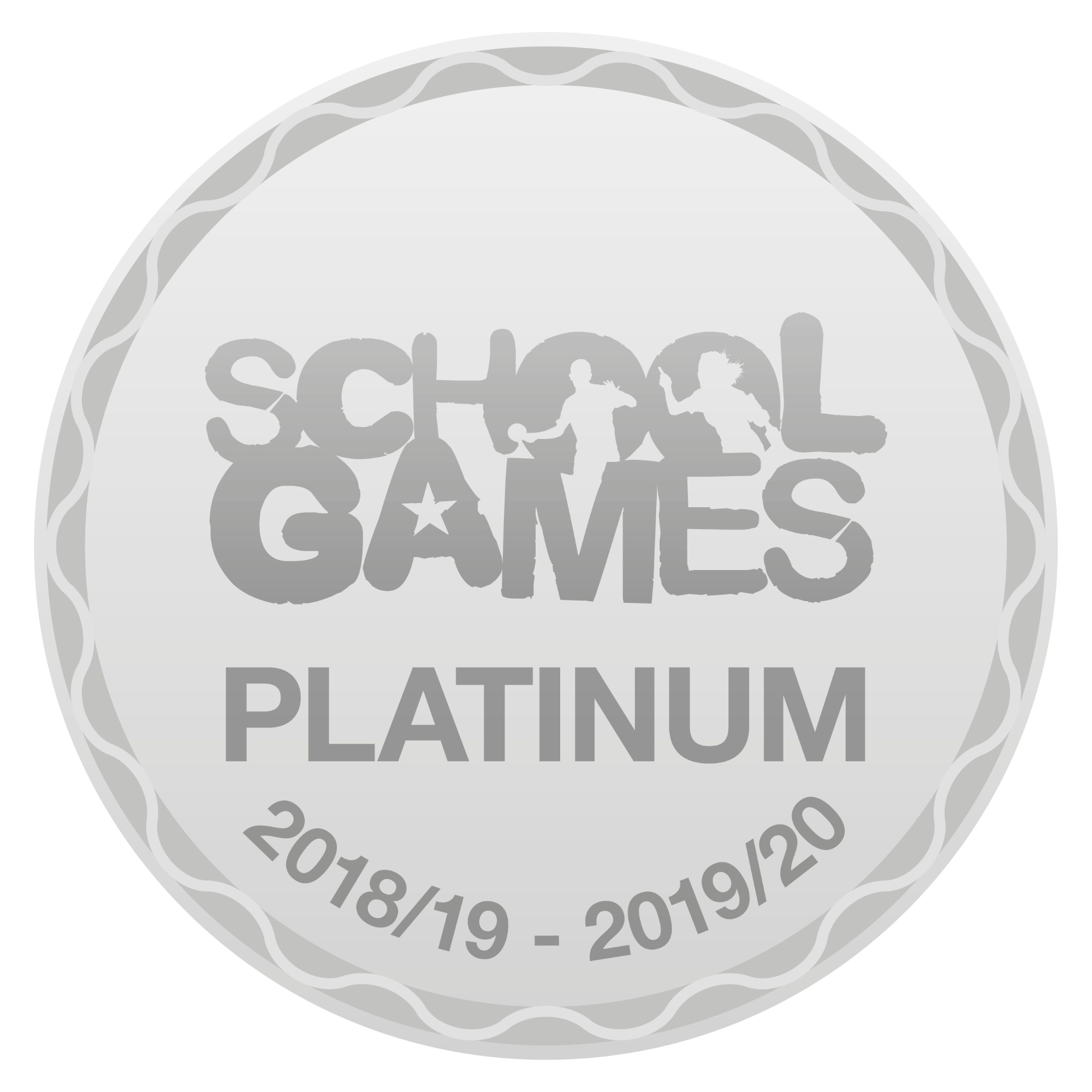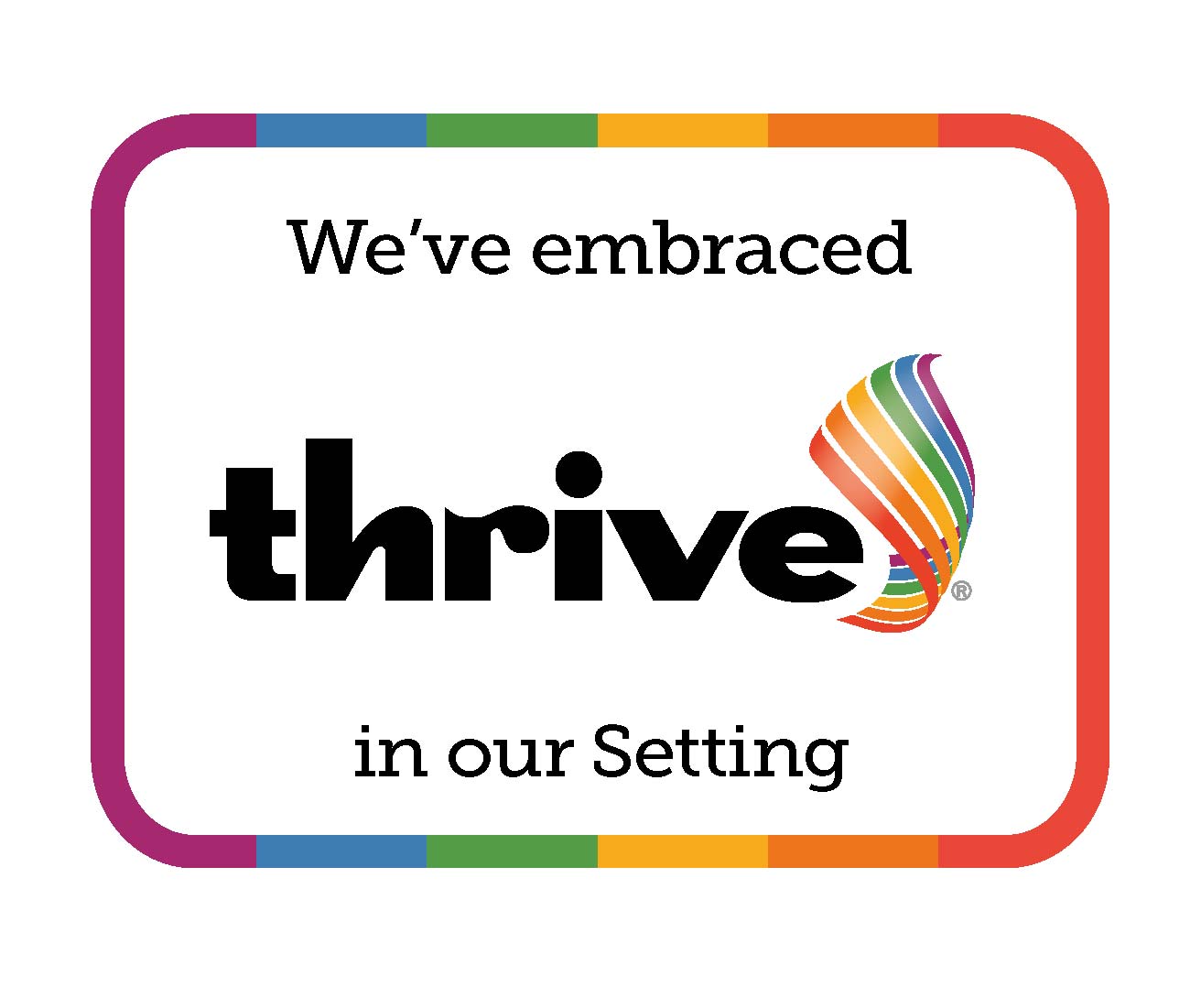Opal play

At St Edmunds School, we recognise that play is an integral part of a happy and healthy childhood. Play is the process that enables children to learn all of the things that cannot be taught, while also having fun. Children in British primary schools spend 20% or 1.4 years of their school attendance in play. Children need play for health, happiness, well-being and learning. Play opportunities help to create children who are independent, confident, imaginative, adaptable, social and able to assess risks. These skills link closely to our Learning Characteristics: Ambitious, Motivated, Collaborative, Respectful, Resourceful, Resilient, Confident, Inquisitive, Independent and Faithful which were developed to encourage and teach essential life skills across the whole school day.
 Article 31 of the UN Convention on the Rights of the Child states that ‘A child has the right to rest and leisure, to engage in play and recreational activities appropriate to the age of the child and to participate freely in cultural life and the arts.
Article 31 of the UN Convention on the Rights of the Child states that ‘A child has the right to rest and leisure, to engage in play and recreational activities appropriate to the age of the child and to participate freely in cultural life and the arts.
What is OPAL?St Edmunds is part of the award-winning OPAL (Outdoor Play and Learning) Primary Programme, which helps schools to improve children’s play experiences. The OPAL Primary Programme supports schools in developing a cultural shift in thinking about and supporting children’s play. Its success comes from a series of interrelated actions undertaken with the specialist support from the OPAL mentor. This embeds play into school’s policies and practices and establishes clear guiding principles and strategies for initiating changes at playtimes. |
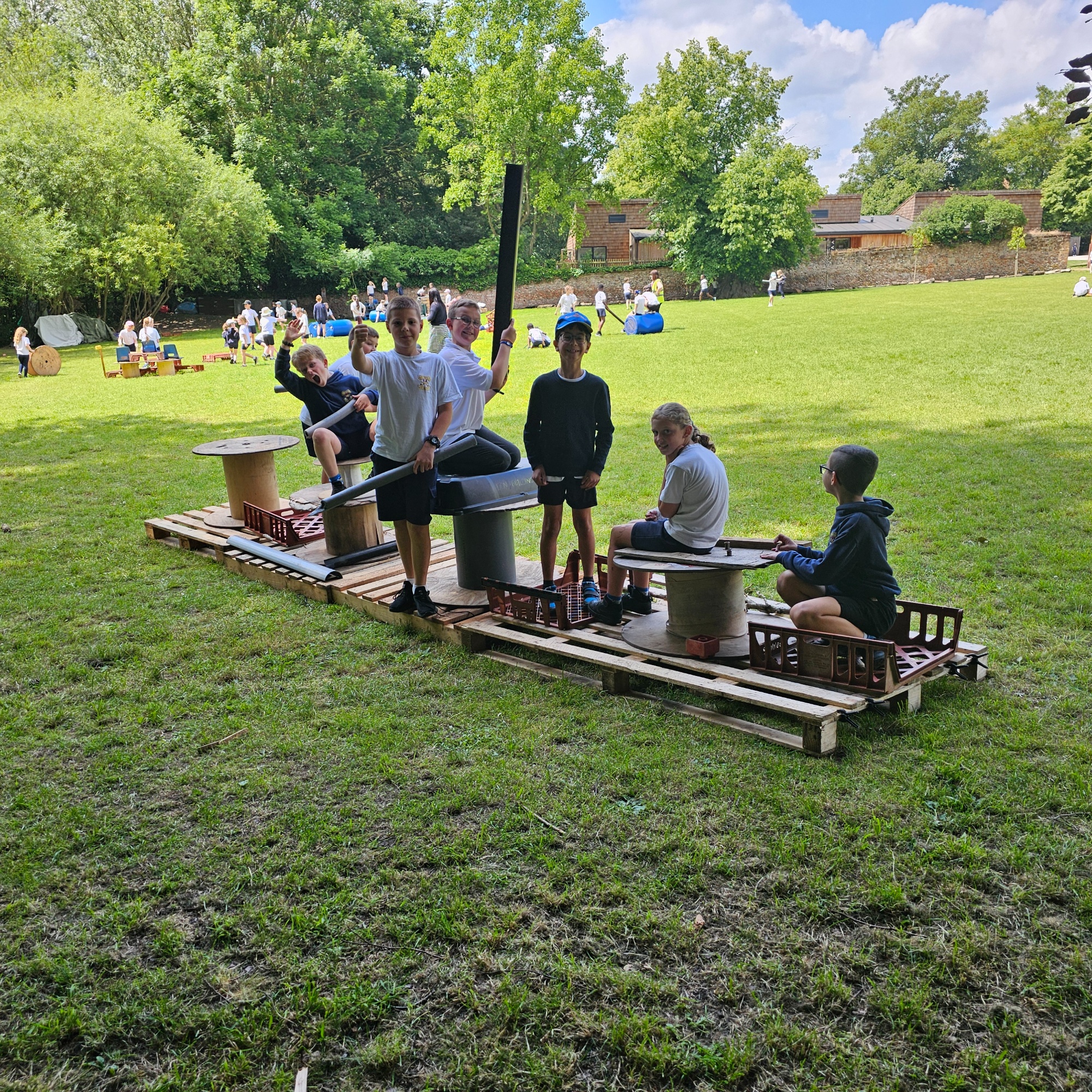 |
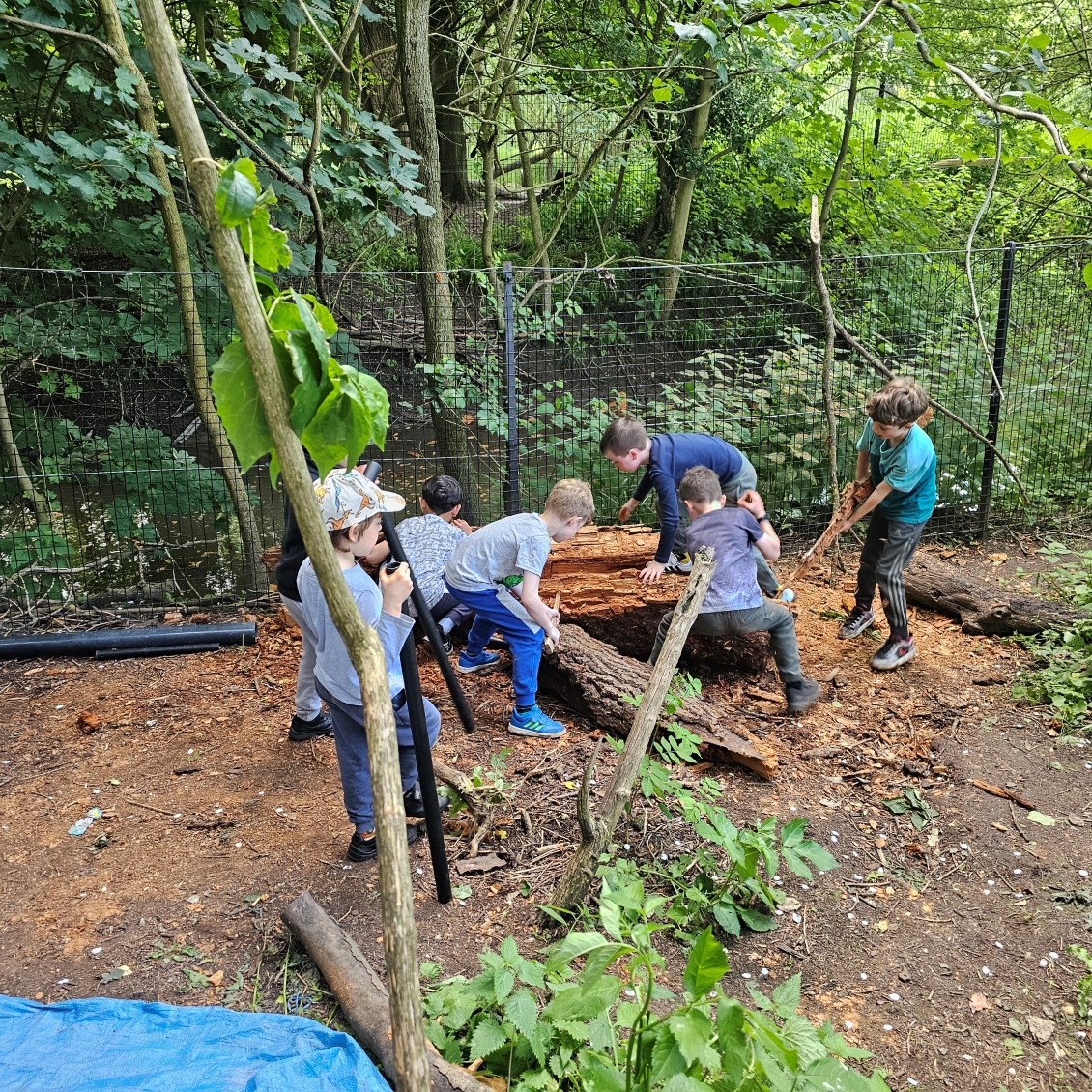 |
At St Edmunds, our children have access to a wide range of play opportunities which enable them to explore one or more of 16 play types. These opportunities include access to a range of materials, which they can use in their play. This includes tyres, crates, wood, fabric, mud, wheeled toys and much more. Walk around the grounds and you’ll see children building dens, dressed up, some sharing their creative talents and others dancing to music. Through play assemblies, the children are included in discussions about dynamic risk assessments, turn taking and playing collaboratively with others. |
How can YOU help?As the school improves play opportunities for your children, you may find that we are asking you for donations of resources and making changes about how the children use the school grounds. They may use more of the grounds for more of the year. Your children may get a bit messier, be exposed to more risks, challenges and have more freedom to play where, with whom and how they like. The experiences the school is fostering are essential for children's physical and mental health and are in line with all current good practice advice on health and safety, well-being, and development. |
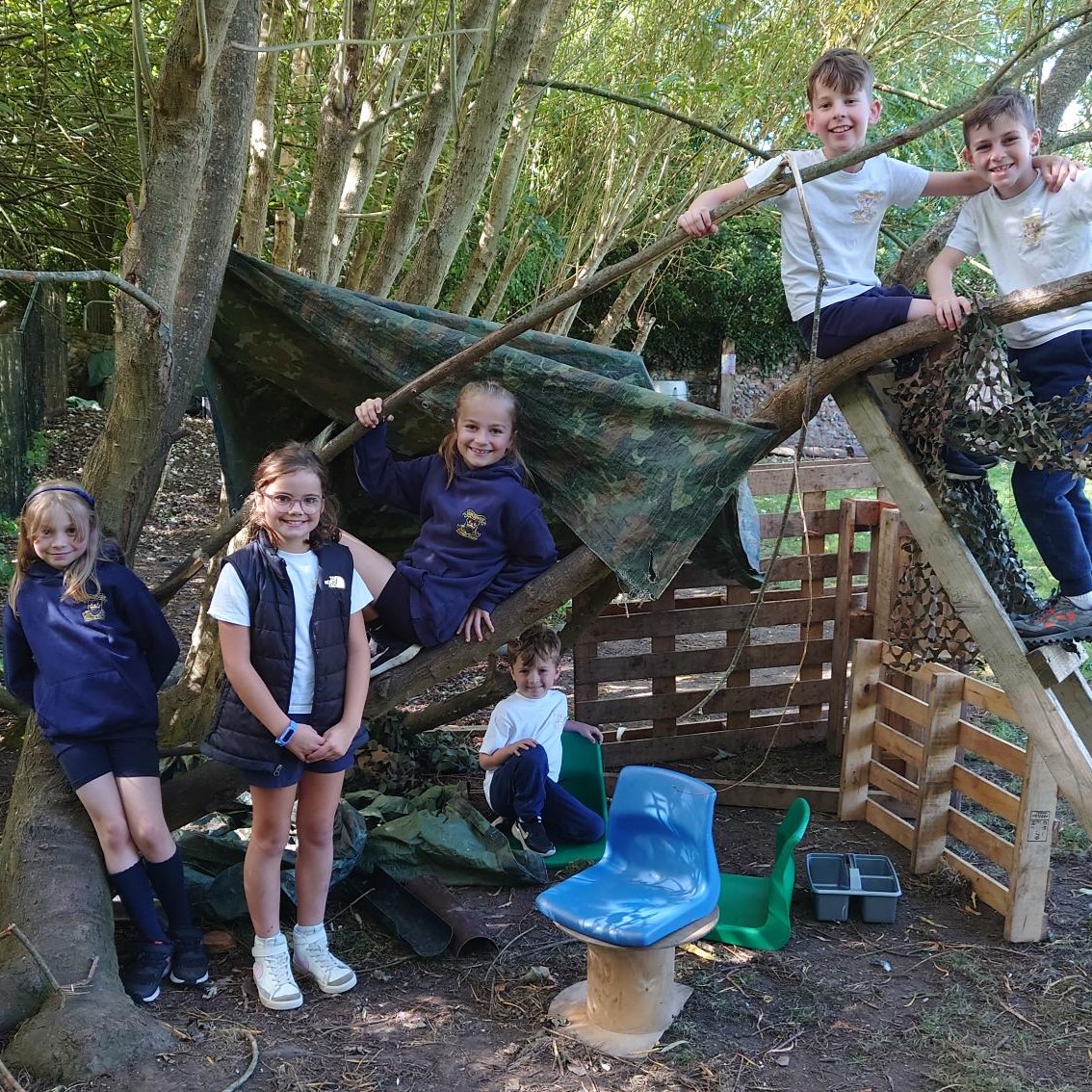 |
We follow advice from the Health and Safety Executive who supports active play in schools.
“All the research says time playing outdoors is time well spent. Children who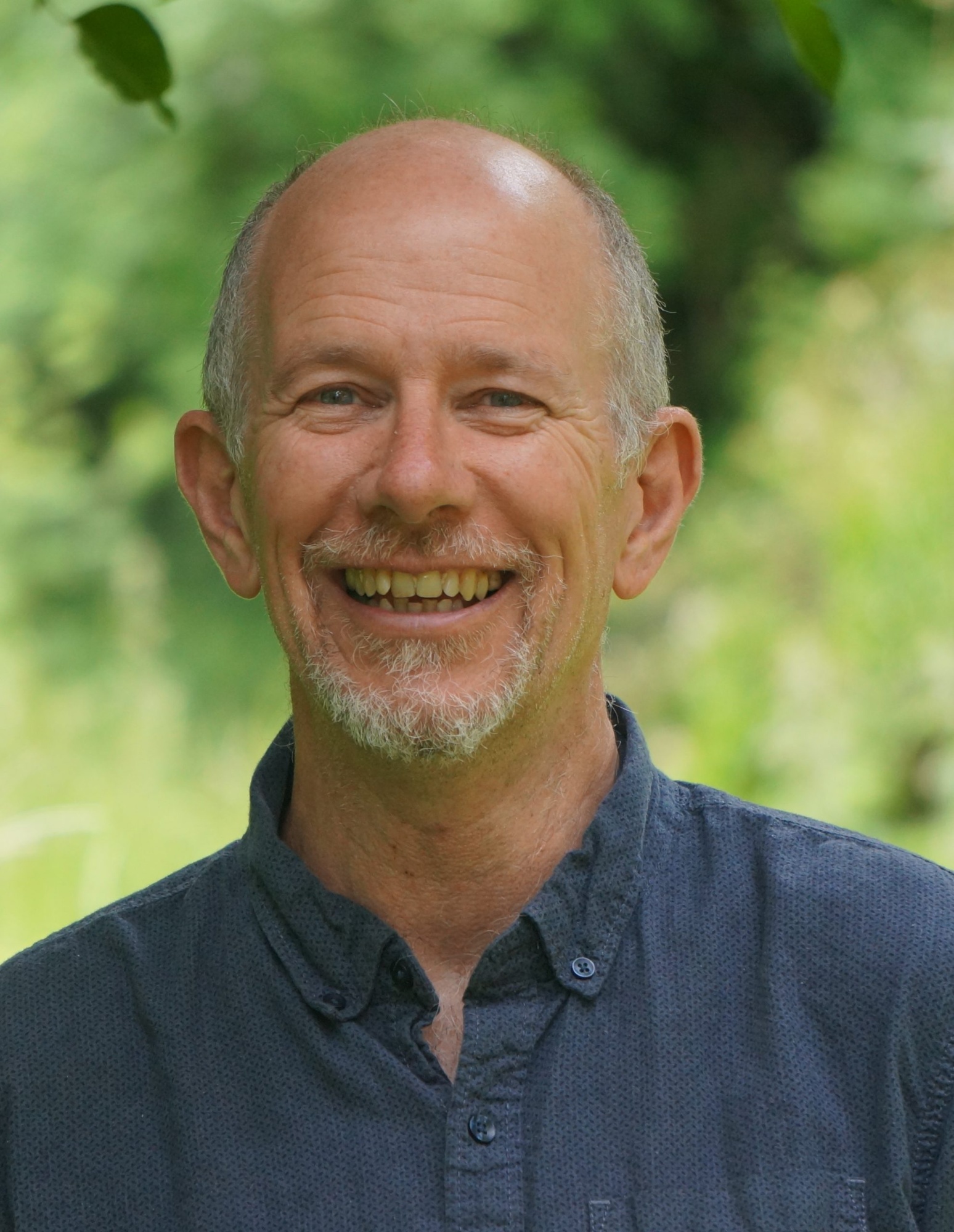 play outdoors move more, sleep more, eat better, are happier and care about the planet more. They are even less likely to need glasses!”
play outdoors move more, sleep more, eat better, are happier and care about the planet more. They are even less likely to need glasses!”
Michael Follett (Director of Outdoor Play and Learning, OPAL)
You can read the advice given by the Health and Safety Executive here.





